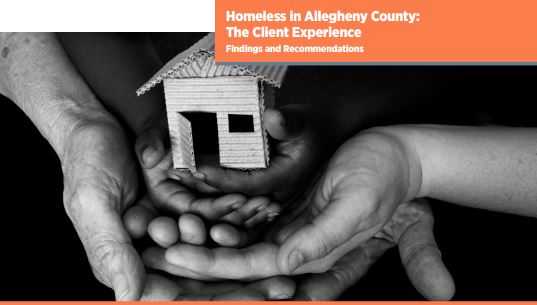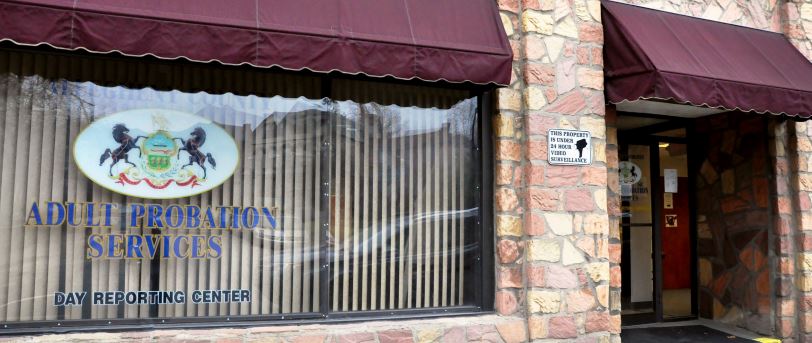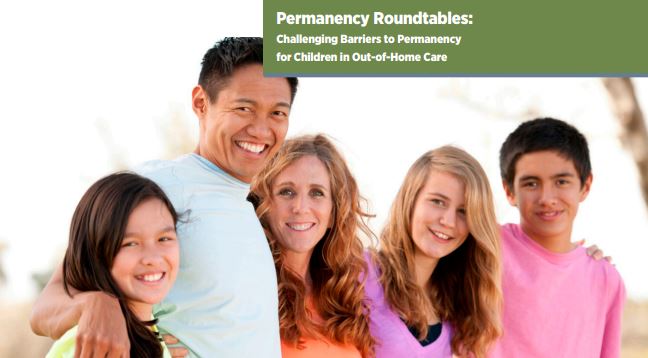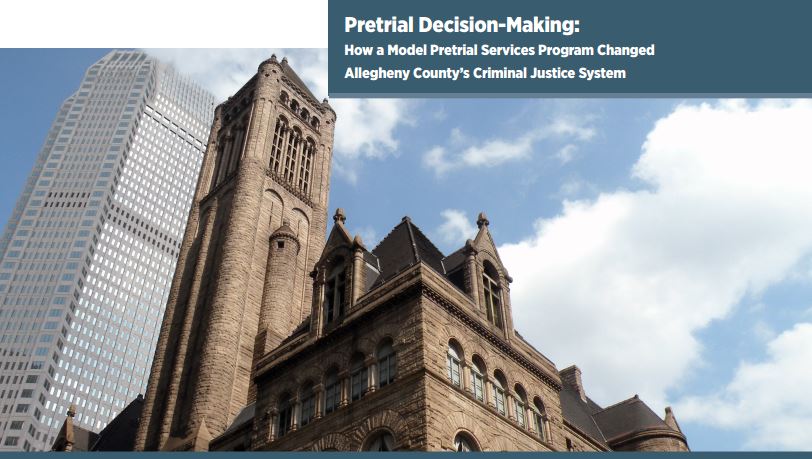The Parents Raising Safe Kids curriculum was developed by the American Psychological Association and implemented nationally in an effort to teach positive parenting skills to parents and caregivers. Offered locally at 17 program sites throughout the County, the curriculum was found to improve parenting skills; media literacy; knowledge of child development; and parental attitude and behavior toward children.
Click here to view the full report.
Prepared by: Farhod Yuldashev, Brian Bell and Evelyn Whitehill











